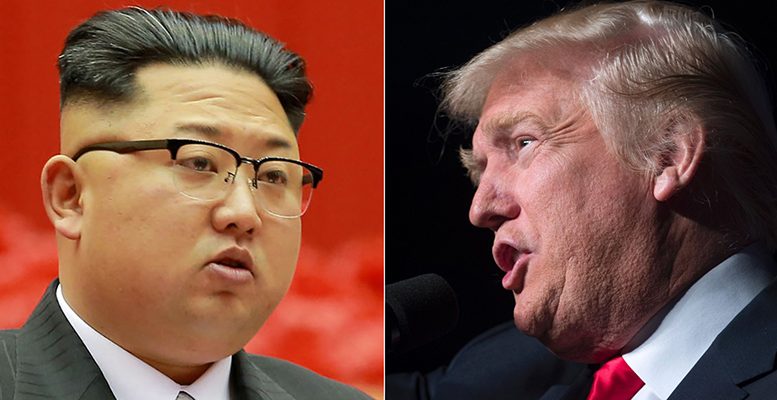Trump´s behaviour at the Singapore Summit with Kim Jung Un has little to do with foreign policy, or indeed North Korea. Like his attacks on allies at the G7 Summit last week, it is aimed at the mid-term elections for Congress. Trump must hold the House. Europeans should learn that long-time US allies count for little compared to Trump´s domestic political needs. It is time for Europe to take responsibility for its own future.
It´s a funny old world. Trump imposes steel and aluminium sanctions on the US´ closest allies and wrecks the G7 Summit. His officials publicly insult Canada and its Prime Minister. Even Britain´s Prime Minister feels compelled to choose G6 solidarity over the special relationship. Trump then flies to Singapore where he bestows legitimacy and recognition on North Korean tyrant Kim Jung Un. In return he receives a vague commitment to denuclearisation of the Korean peninsula (which for Kim means withdrawal of US troops) and a promise to return the remains of American prisoners of war (POW) and missing in action (MIA) from the Korean War.
Foreign policy analysts scratch their heads. Attacking some allies, while abandoning others, to embrace an unstable dictator, without even mentioning human rights abuses or stockpiles of chemical and biological weapons, makes no foreign policy sense. They fall back on psychological explanations. Trump is a narcissist who prefers the company of other narcissistic strong men. The rationality of the other G7 leaders and their insistence on a rule-based international order enflame Trump´s inferiority complex, provoking a bullying response. There is no doubt some truth in this, but it misses the point.
Trump´s behaviour at the G7 Summit and in Singapore may make no sense from a foreign policy point of view, but it makes perfect sense as an electoral strategy for the upcoming mid-term elections. Trump must ensure that the Republicans maintain control of the House. Acting tough in defence of US economic interests against its commercial rivals (even if they are its long standing allies) plays well in the rust-bucket districts that the Republicans must hold. The “diplomatic triumph” in Singapore shows Trump the word leader achieving what his predecessors could not. Even the inclusion of the return of the remains of the POWs and MIAs plays electorally with Trump´s core supporters, showing loyalty to US veterans.
In pursuit of domestic political advantage, Trump has been willing not only to attack long-standing US allies in the G7, but also to abandon equally long-standing allies in Asia. The other winner in this summit, other than Kim, is China, which sees US standing and reliability as an ally in the region further diminished. US allies like Japan or the Philippines, or indeed host Singapore, no longer know whether they can trust the Americans. This is the true lesson of the Singapore summit for Europeans. As long as Trump remains in power, they can no longer rely on the US are a partner. Trump will repeatedly sacrifice long term foreign policy interests, both of the US and its traditional allies, to short term political expediency. The Europeans must finally take responsibility for their own destiny, both in terms of foreign policy and security. Washington is no longer covering their back.





